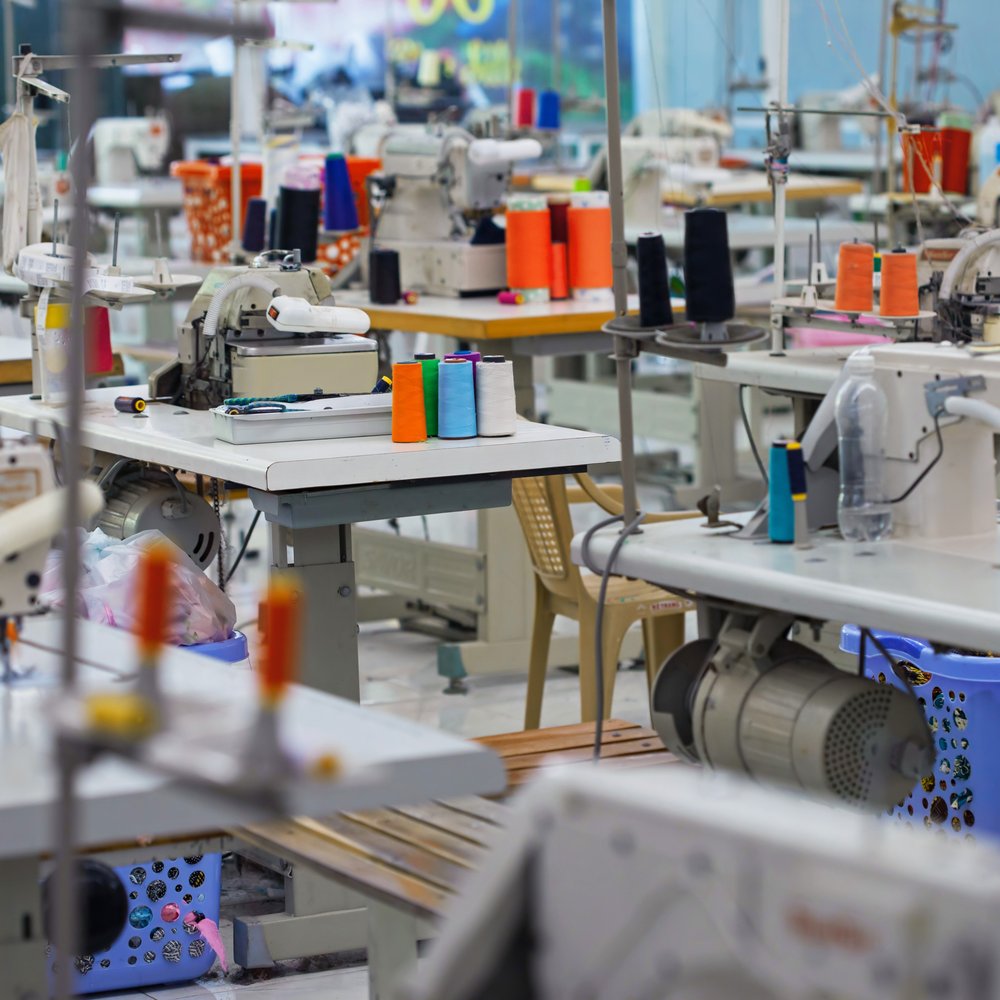Mauritius: Transparentem investigation prompts buyer remediation & compensation for migrant workers at garment factories supplying major apparel brands

Shutterstock (purchased)
After a two year investigation into conditions for workers at five factories in Mauritius, Transparentem has published its findings and results of its engagement with apparel brands, prompting remediation and compensation for migrant workers who suffered a litany of labour rights abuses. Almost 100 garment workers from Bangladesh were interviewed in total for the investigation. At DDI, Firemount companies and R.E.A.L. Garments, workers reported experiencing working conditions including several indicators of forced labour: recruitment fee-charging, deception, abusive working and/ or living conditions, intimidation and threats, abuse of vulnerability, audit deception and deficiencies, and inadequate response to grievances. Workers at Aquarelle also reported paying high recruitment fees for work. Other potential issues including restrictions on sick leave, incorrect pay and lack of freedom of association were also identified.
I have come here by spending so much money. How will I go back?DDI worker
Transparentem identified a total of 18 buyers sourcing from the factories, engaging with the buyers and management at the suppliers on the findings and recommendations. Seven approached brands - Armani, ASOS, Boardriders, Foxcroft, John Lewis Partnership, Kontoor Brands and Western Glove Works - reportedly did not participate in remediation on behalf of workers, four on the basis that they no longer sourced from the implicated factories though they did not deny sourcing from the factories at the time of the reported abuses. The remaining 11 formed buyer groups to remediate conditions at all four investigated suppliers, including commissioning audits which reportedly confirmed some findings, though no buyer or supplier provided the audit reports to Transparentem despite repeat requests to do so.
The suppliers provided policies in response to Transparentem's request to comment on the investigation's findings. All four denied workers had paid any recruitment fees. Management at DDI, Firemount and R.EA.L disputed most of the findings, excepting som on living and working conditions.
PVH, Barbour and Second Clothing had committed to pay funds to repay migrant workers for recruitment fees and related costs at R.E.A.L; the Guardian calculated this at £400k total. Responses from buyers, manufacturers and the Mauritius government are made available by Transparentem - they can be read below alongside corrective action plans from DDI, R.E.A.L and Aquarelle.
Transparentem make a series of recommendations in the report including to the buyers of the investigated companies, to implicated suppliers, to auditors and audit companies (noting the failure of auditors to detect many of the issues outlined in the report), the government of Mauritius, companies sourcing from Mauritius, and to investors.
"Migrant workers showed great courage in bearing witness through Transparentem. To date, only three brands have shown by their actions that they really listened to them. The cost of reform is high. But the cost of failure to reform is higher.”Ben Skinner, president of Transparentem
Unfortunately, it is no secret that Mauritius, similar to other economies, has opted to leverage its competitiveness through the overexploitation of migrant workers. If a migrant worker dares to denounce their employer for ill treatment or abuse they are deported overnight. Either you adapt or perish. However, the success behind this victory lies in the naming and shaming campaign that the CTSP launched at global level and we also exposed the exploitation in interviews with Transperantum. We applaud the positive news that workers will be compensated for the exploitation and commend the CTSP for their relentless campaign for migrant workers' rights in Mauritius.Reeaz Chutto, Confédération des Travailleurs des Secteurs Publique et Privé (IndustriALL affiliate) president